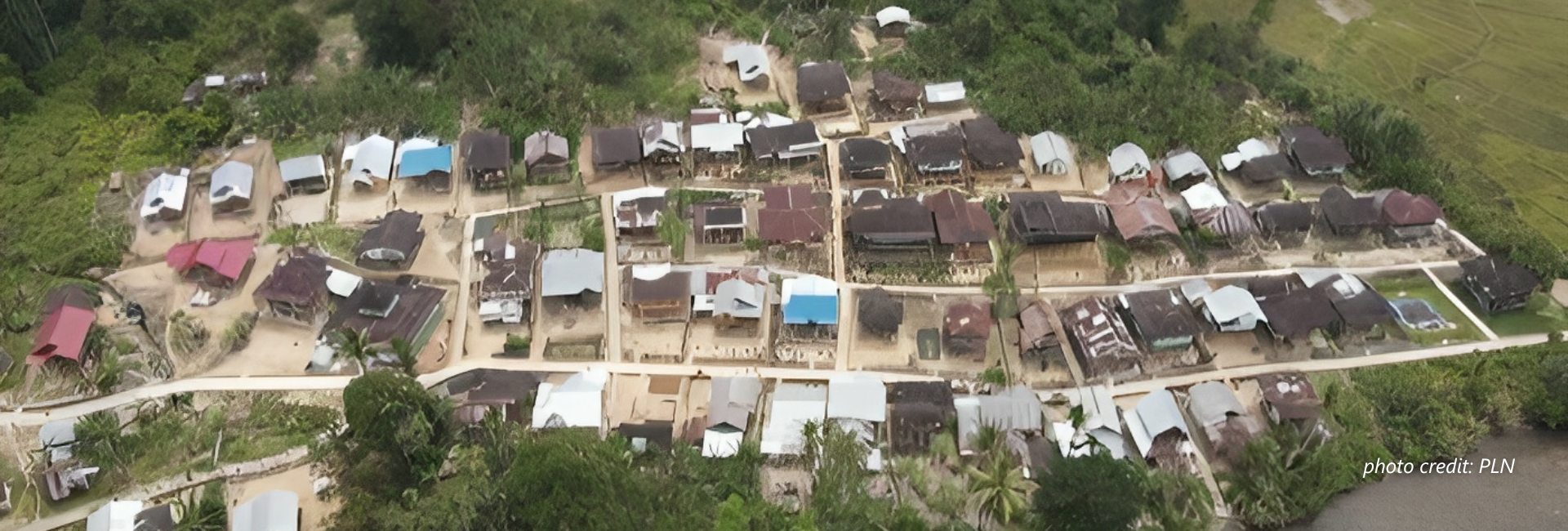Over the past two decades, Indonesia has significantly reformed its social policies. Social protection programs, specifically programs like conditional cash transfers or food assistance, have been instrumental in Indonesia’s efforts to alleviate poverty (e.g., Nugroho et al., 2021; Suryahadi, Al Izzati, and Yumna, 2021). The poverty rate in the country continued to decrease from 33% at the apex of the Asian Financial Crisis in 1998 to around 15% in 1999 and 9.2% in September 2019, just before the COVID-19 pandemic.
However, the development of Indonesia’s social protection policies still suffer from implementation problems, indicating gaps in the current social protection framework. One of these is that the policies have not considered the effect of natural disasters and climate change on poverty in its design, although Indonesia is highly prone to natural disasters. The catastrophic impacts of climate change have also affected society, with the poor and vulnerable groups likely to be affected the most.
Therefore, the Indonesian Government needs to develop its social protection system to be more adaptive and responsive to the challenges faced by the poor and vulnerable groups in dealing with the negative effects of disasters and climate change on their livelihoods. Even though the Government of Indonesia is going to implement Adaptive Social Protection (ASP) as stated in the National Long-Term Development Plan (RPJPN), technical and bureaucratic deficiencies make it difficult for the government to integrate climate change adaptation into its social protection programs due to, among others, the increase of seasonal variation linked to climate change.
SMERU undertakes this research to contribute to the development of ASP by looking especially at the extent to which social protection can be used as a policy instrument to enhance people’s adaptive capacity to deal with the new problems and issues caused by climate change. The project especially looks at the following questions:
- Who are the vulnerable, and to what degree? Why are they vulnerable, and how do climate-related hazards deepen older forms of vulnerability?
- How can ASP accommodate these vulnerable people, and how can it support their adaptive capacities?
This macro- and micro-level study employs a mixed method of quantitative and qualitative approaches under the Climate Change Vulnerability Assessments (CCVAs) framework. Using secondary data, the macro-level study was conducted through inter-district regional analysis on two islands, Sulawesi and Nusa Tenggara. Meanwhile, the micro-level study was carried out through analysis in two communities, dryland farmers as well as fishermen and fish cultivators. This micro-level study employed primary data sourced from household surveys and qualitative studies in two sub-districts within two districts on Sulawesi Island and Nusa Tenggara Island.
We identify the vulnerable groups and the root cause of their vulnerability as an initial step to develop the adaptation planning. Adaptation planning is constructed by identifying adaptation options and assessing opportunities and challenges to integrate adaptation plans with vulnerable and marginalized groups into the social protection system. We envision the ecosystem’s future (people’s livelihood with respect to social and environmental landscape), review the current and future coping strategies, explore the enablers to support future coping strategies, and identify key actors to fill the roles.
We integrate the adaptation plans into the ASP system by mapping current social protection programs’ availability, scope, and coverage; assessing vulnerable people’s access to existing programs; and identifying their barriers to accessing these programs and the challenges of getting vulnerable people into the social protection system, from the household and stakeholder perspectives.



